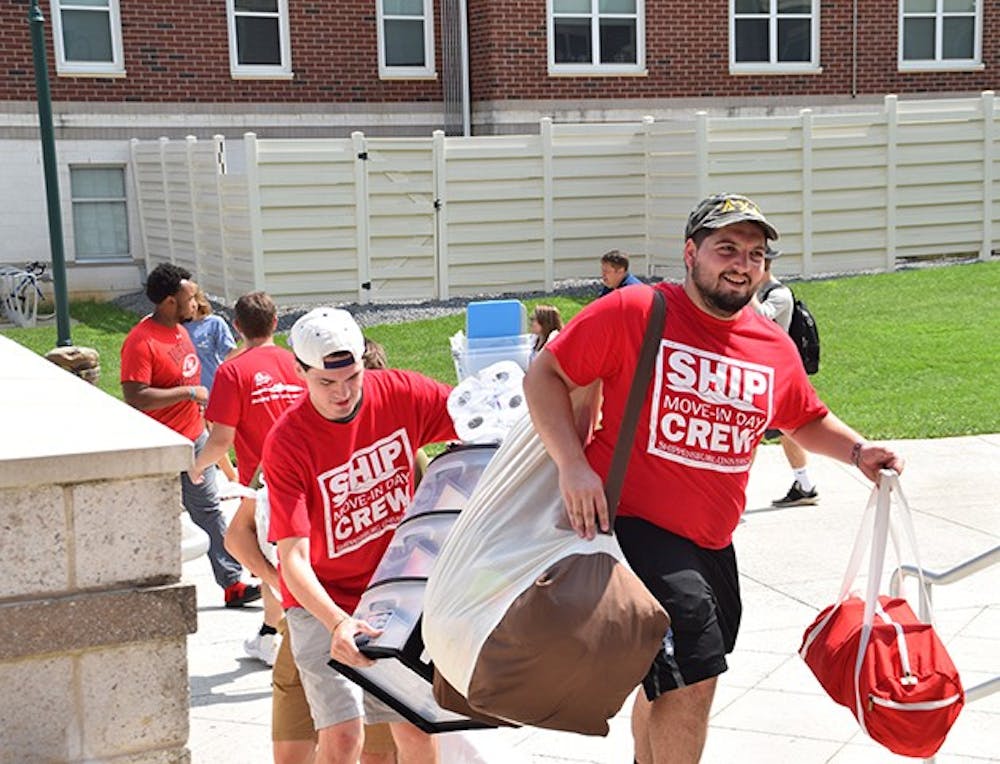For the first time, incoming freshmen at Shippensburg University this year will be enrolled in a seminar intended to acclimate students to the college experience.
SU’s “first-year seminar,” otherwise known as UNIV 101, is not a new idea — similar classes have cropped up in high school and college classrooms across the country, all with varying ideas on how to best prepare students for success.
As is the case at other schools, SU’s class is mandatory for freshmen. The classes are taught by professors from various majors; however, the curriculum for each class is based on faculty preference. The classes will also be equipped with “peer anchors” — upperclassmen who are paid to help freshmen adapt to the college lifestyle.
The overall program, known as the “first-year experience,” aims to provide students with additional skills, support and mentorship as they transition into college, according to ship.edu. The program focuses on communication and writing to accomplish these goals, and takes these skills outside of the classroom through interactive learning.
The concept of the program is easy enough to support. The transition from high school to college can be hard, and the class could help some who struggle academically to get on a level playing field with their peers. For many, the program could be the needed push to help those who struggle with homesickness and making friends.
That push is sometimes necessary to get students involved, but we are not convinced that a class, as opposed to student leadership, is enough to get freshmen involved from the beginning of their college careers.
Moreover, it is easy to make the conclusion that freshmen drop-out rates will decrease with the new class and student helpers — but how can that be proven without results? While we support the idea of helping students who struggle to adjust, we argue that leaving high school signals a young person’s rise to adulthood.
For anyone to succeed, they have to want to succeed. It is ironic to think that we are preparing students for a life that does not offer “first-year experience” classes every time you move to a new place or take a new job? How long will we hand-hold people before we realize that life’s challenges are what make us stronger?
While this may be the key ingredient toward improving SU’s retention rate, time must pass before we can judge the true success of the first-year experience.



The Slate welcomes thoughtful discussion on all of our stories, but please keep comments civil and on-topic. Read our full guidelines here.